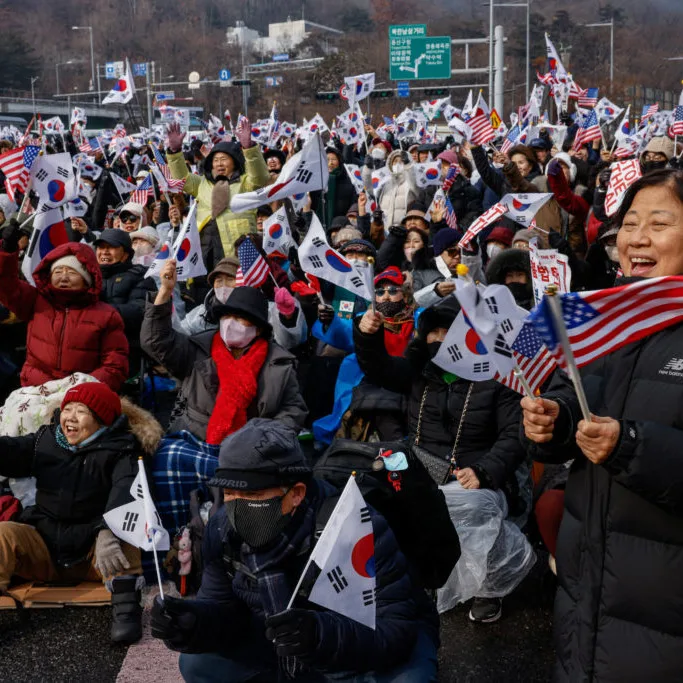In a significant development for South Korea’s political landscape, President Yoon Suk-yeol has been indicted on charges that have sent shockwaves throughout the nation. The indictment follows a contentious period marked by mass protests and debates over the state of democracy in the country. Activists and political analysts have raised concerns about the implications of this indictment for South Korea’s democratic institutions and public trust.
The indictment comes after weeks of demonstrations, with thousands of citizens voicing their dissatisfaction with Yoon’s governance and policies, particularly amidst sweeping military reforms in the wake of rising security concerns. Critics argue that his administration’s responses have increasingly concentrated power, undermining democratic norms.
Yoon’s political adversaries are leveraging this moment to advocate for a rollback of his administration’s contentious policies. “This indictment is not merely a political maneuver but reflects the profound discontent over the lack of accountability within the government,” stated Kim Ji-hoon, a prominent opposition leader. This incident marks a pivotal chapter in South Korea’s ongoing struggle to balance executive power with democratic principles.
Internationally, concerns have been raised regarding the potential impact on regional stability and South Korea’s relationship with allies, particularly the United States. As Yoon navigates these turbulent waters, key allies are observing closely, with expectations that this political upheaval could reshape foreign relations.
As South Korea approaches elections, the ramifications of Yoon’s indictment could have profound implications on party dynamics and voter sentiment. Observers predict that these events will drive further polarization within the electorate, challenging the foundations of democratic engagement in the country.













